Towards the end of As The Lonely Fly, a mother writes to her daughter about a woman who has been a strong influence on both their lives, and from whom they have not heard for eight years. This woman is the mother’s sister and daughter’s aunt Clara, who changed her name to Chava when she emigrated to Palestine in 1922.
‘My sister was an idealist, and it is possible that in spite of all that has happened she remains one to this day. We are all idealists, why else would we be here, but she was more so. There wasn’t a practical bone in her body. She didn’t know people.’
As The Lonely Fly is an epic work of fiction, with a huge cast of characters, moving from Palestine under the British Mandate, to Russia, to the United States and back to Palestine. But Chava remained for me a focal point throughout. I did not find her impractical, or ignorant of people; quite the opposite in fact. So how is it that Chava’s sister Frieda, who follows her to Palestine and who, with her husband, builds and runs a successful noodle factory, could be wrong? Or am I wrong? What are readers meant to think?
Chava joins the Labour Battalion, draining a swamp, then building roads and planting trees. The battalion attempts to create good relationships with its Arab neighbours. Chava’s beliefs are put to practical tests, which are brilliantly evoked, and for a while it seems as though the group might have some chance of lasting success.
‘It took them a day to dig out the holes and insert the trees, and the next day there were more. They planted them along the shy river. When the sun slipped towards the sea they lit another fire. Stunned by fatigue, Chava stared mutely at the heat shimmering above the flames, everything at the fire’s periphery seeming to lose anchorage and shape.’
Chava helps Zipporah, the niece to whom the letter is addressed, emigrate to Palestine, and helps her find work as a housekeeper, though she longs to be ‘out in the open, building a city, building roads’. But jobs are scarce. Dowse’s descriptions of daily life give her characters and their idealism a very practical core.
When Zipporah is taken to a plantation at Petah Tivkah she’s thrilled.
‘For Zipporah it was all a wonder. Row upon row of citrus trees stretched out, all a neat size, their leaves the same dark ceramic green. The air smelled sweet though the blossoms had gone and the fruit was still ripening; she imagined the sweetness came from the sap itself. The hills were studded with grape-heavy vines, the soil was drained a rich chocolate brown, watered with channels from the river and underground springs. How often had she heard this had once been a swamp? It was another thing to see.’
During the day they work; at night they dance and sing and argue about politics. As time passes, Chava’s group, wanting Jews and Arabs to unite in an international workers’ movement, though divided amongst themselves as to how to achieve this, becomes isolated, as the tension, then violence between Jewish settlers and Arabs increases.
While all this is happening, Chava’s younger sister, Marion, (the anglicised form of her name), and her parents are trying to make a different kind of new life for themselves in the United States. Marion’s story is told in counterpoint to Chava’s and Zipporah’s, often through letters, though Marion does visit Israel at the end of the book.
The dreams of the immigrant are a constantly recurring theme in As The Lonely Fly, expressed in songs, in conversation and argument, in the hope of safety and freedom from persecution, in images of physical toil that mean something because they are contributing to building a home. Always there is the search, through Dowse’s questioning and restless prose, to embed these dreams in daily life, to make daily life in the ‘new’ country a sufficient answer. But in Palestine in the 1920s and 30s, daily life can never be separated from its political context – the machinations of the British, the rise of Hitler and Stalin.
Dowse relates the collapse of Chava’s dream with great poignancy and delicacy, following her deportation to the Soviet Union after she is jailed for supporting Arab riots; while in Palestine, after the 2nd World War, the state of Israel is being forged.
As the title suggests, As The Lonely Fly is quintessentially a story of exile and migration; and for humans, if not for birds, this is a lonely business. Each of the three women the novel centres on must make her own decisions and adjustments, and, perhaps inevitably, end up being misunderstood by other members of the family. Sometimes decisions are taken out of a character’s hands, as with Chava’s deportation, but even without that stark example, an individual’s dreams and hopes for justice, her longing to make a contribution, are bound to be compromised. As The Lonely Fly tells an important, timely story, through its rich variety of characters and beautiful prose.
As The Lonely Fly can be pre-ordered from For Pity Sake Publishing here.
A beautiful and thoughtful review, Dorothy. It enabled me to see even more depth in Sara Dowse already multi-layered, moving work. Thank you.
Thanks for your comments Jennifer and Gert. Gert, I think that’s a really perceptive observation! We can look at Israel and Palestine today and shake our heads at the tragedy. But then there’s literature, with it’s entirely proper focus on human beings and their struggle to make s better world. And idealism is a part of that.
Thanks, Dorothy, for your thoughtful review and Jen and Gert for your comments. It’s almost impossible for me for me to be clear-eyed about my book this close to publication so I’m grateful for your thoughts on it. It’s interesting to me, too, that you have focussed as you have on the issues of migration – it’s been the substratum of most of my writing, hardly even conscious for me though it’s been a defining feature of my life. As indeed is my Judaism and its central tenet of justice. The three strands – Russian, Palestinian and American – represent the three fundamental historical elements involved in the conflict. European antisemitism, the inevitable colonising impetus of Zionism and the crucial American support of the new state of Israel in the aftermath of the Holocaust and to this day. The novel is based in part on my great aunt’s life who was the inspiration for Clara/Chava, and you are right, Dorothy, to find her the focus. She is at the very core of both the novel and the dilemma. There has always been opposition to a Jewish state, not only among Palestinians and Orthodox Jews, but also among Zionists. It was one thing to find a home in Palestine, another to establish a Jewish-privileged state there. The novel’s beginning and ending in 1967 is thus very meaningful to me – this June it will be the 50th anniversary of the occupation of the West Bank and Gaza. From my perspective, and as articulated by many of the characters, this has been a betrayal not only of Palestinians but of the Jewish tradition itself. I can only hope that the novel brings some of this out through its story and its characters. What to do now?
Thanks, Sara. It’s great to have your insights and thoughts about the book
I enjoyed your review Dorothy. I remember that statement of Frieda’s and thought the same as you. I didn’t agree with Frieda either. I decided that we should take Frieda’s views with a grain of salt. I think Sara has created an interesting, believable group of characters, whose points of view we can all see, even if we don’t agree with them all. Frieda is a bit jealous of Clara and her passion, and also that people seem to like her. She is probably not totally reliable in her assessment.
A hard book to review, because it has SO much in it.
Thanks for your comment Whispering Gums. Congratulations on your excellent comprehensive review of As The Lonely Fly.
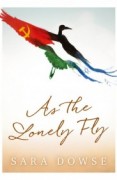
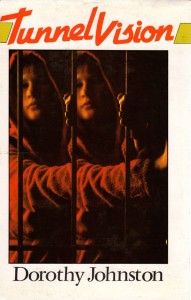
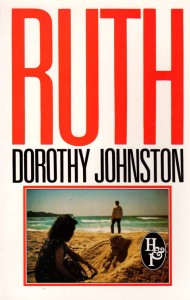
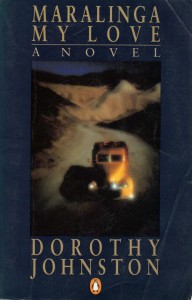
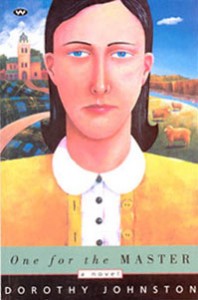
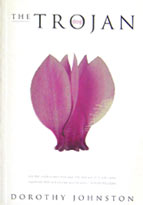
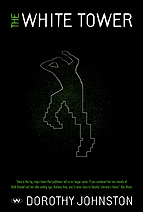
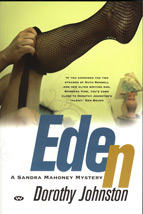
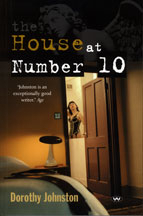

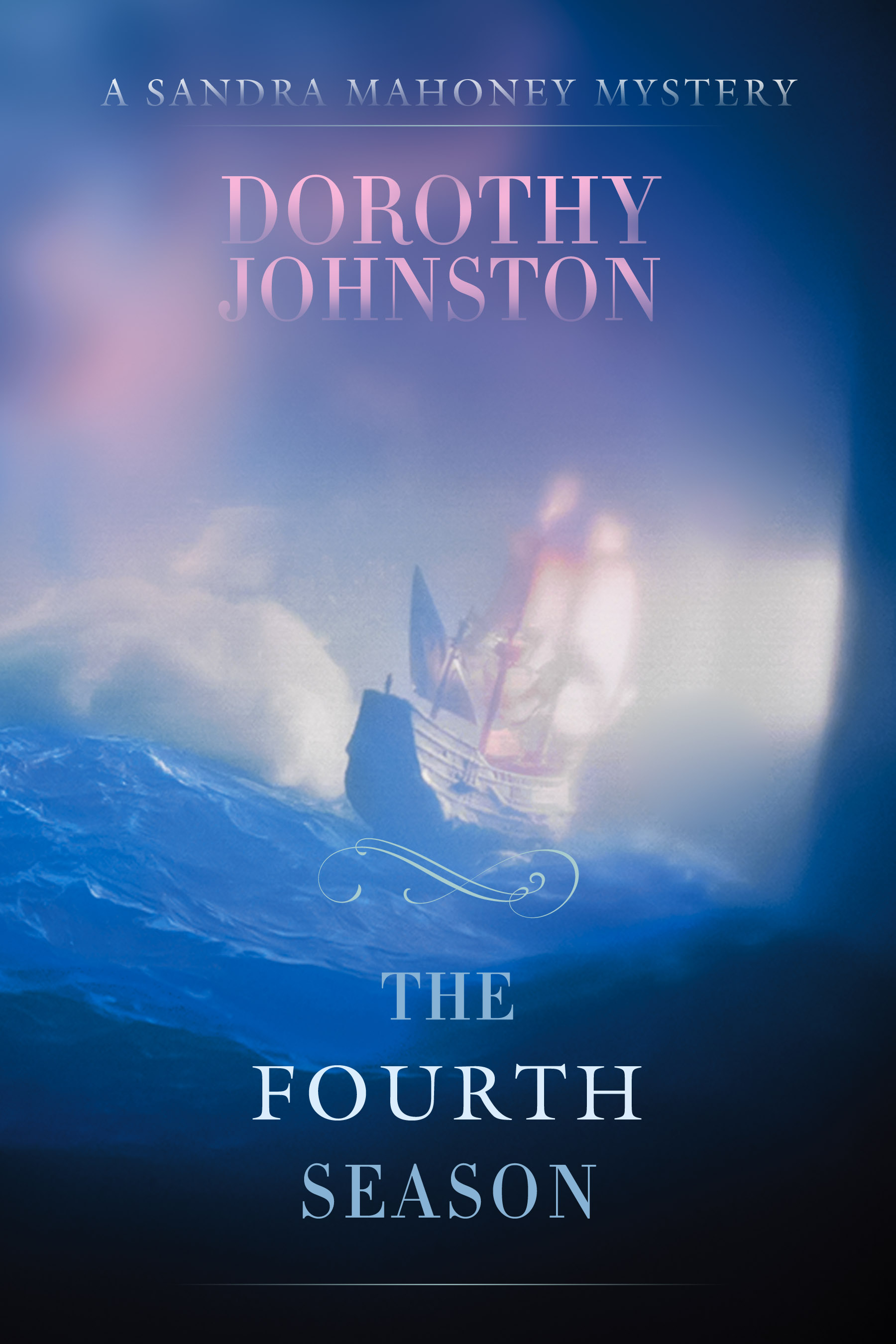
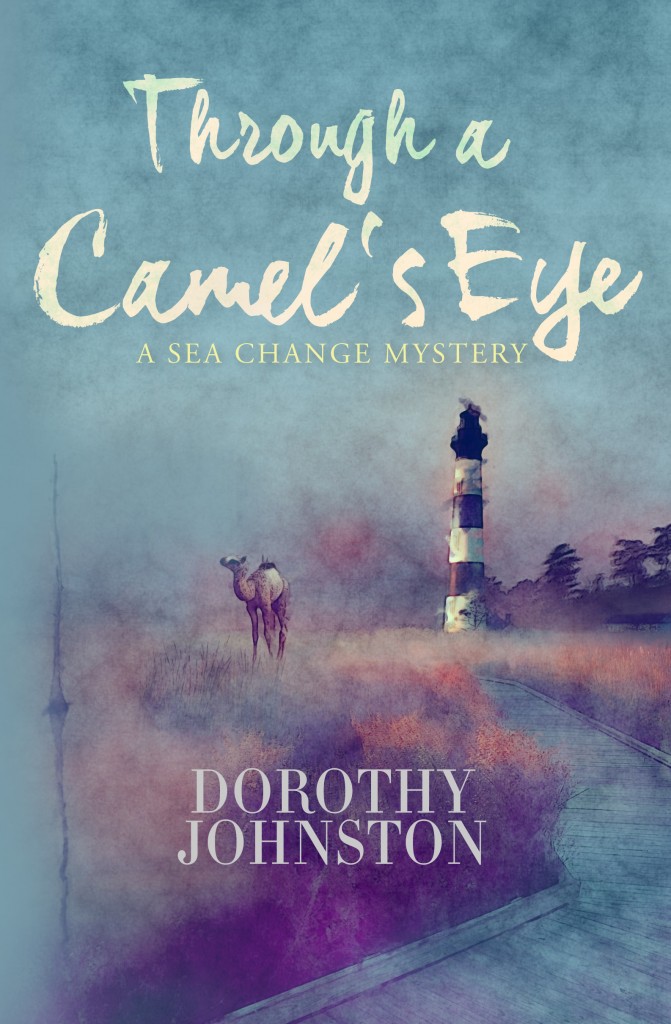
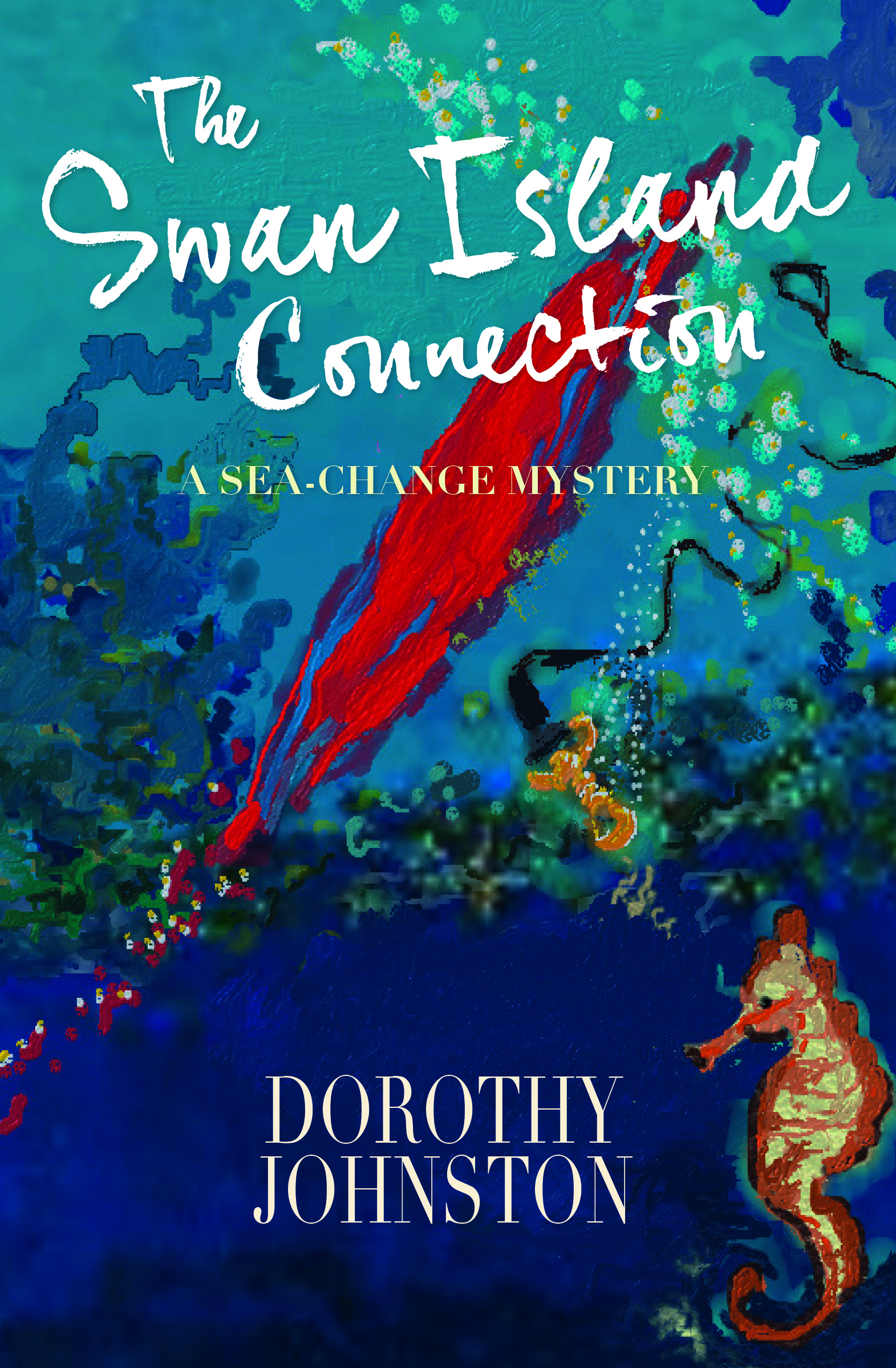
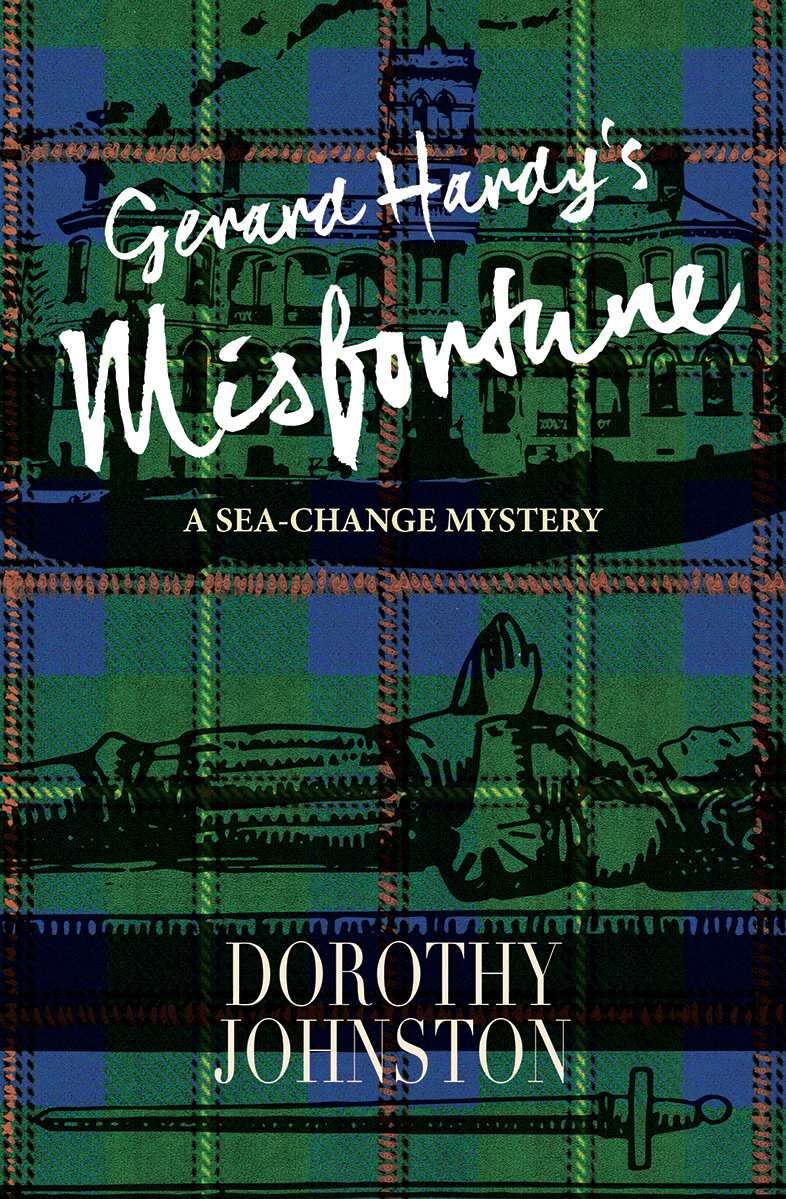
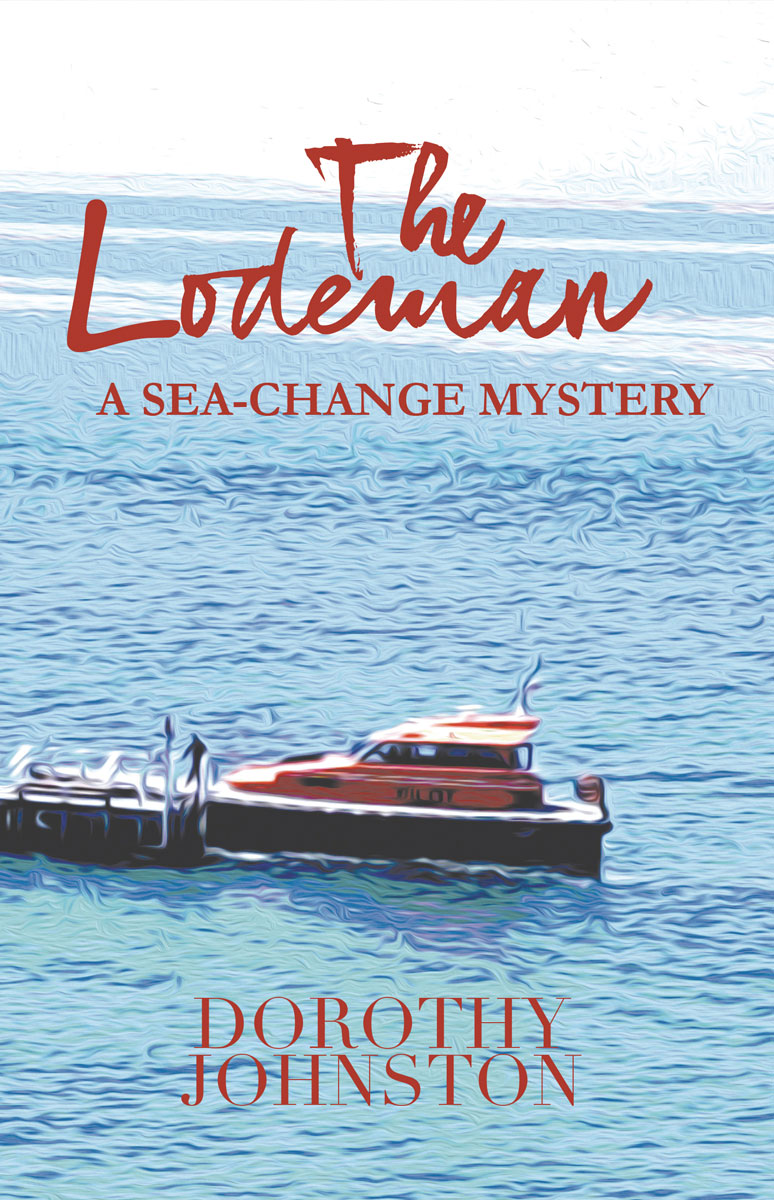
A book for our times. Perhaps the paradox about idealism is that it may be necessary not to “know people”!